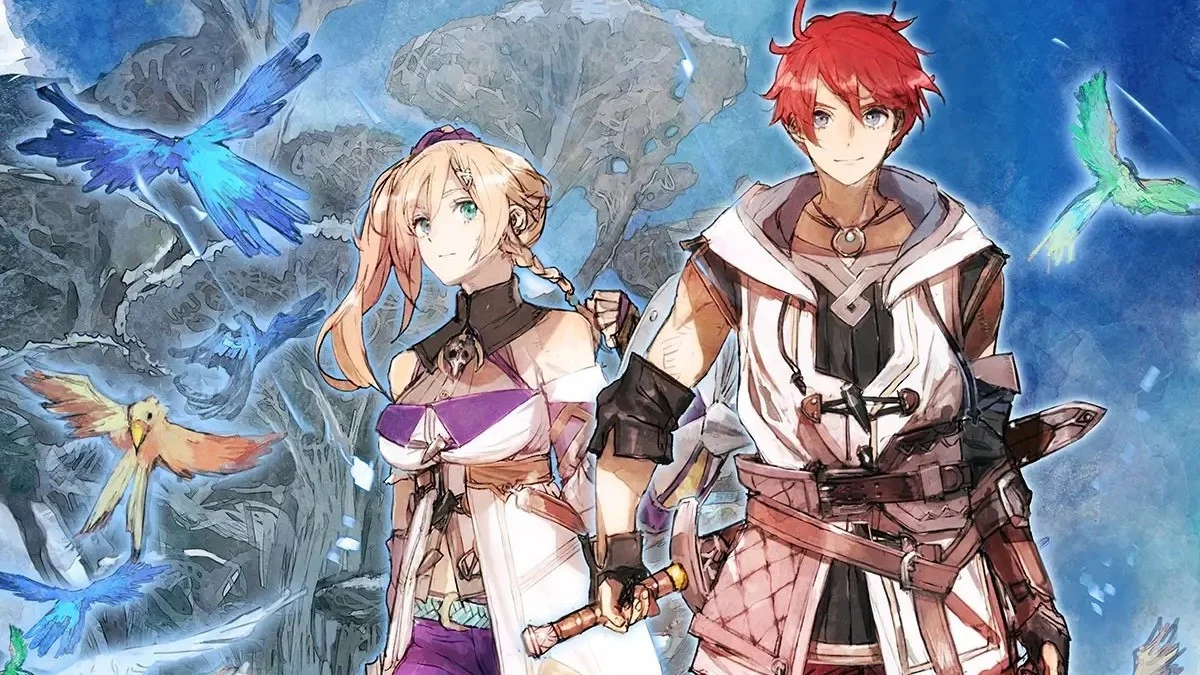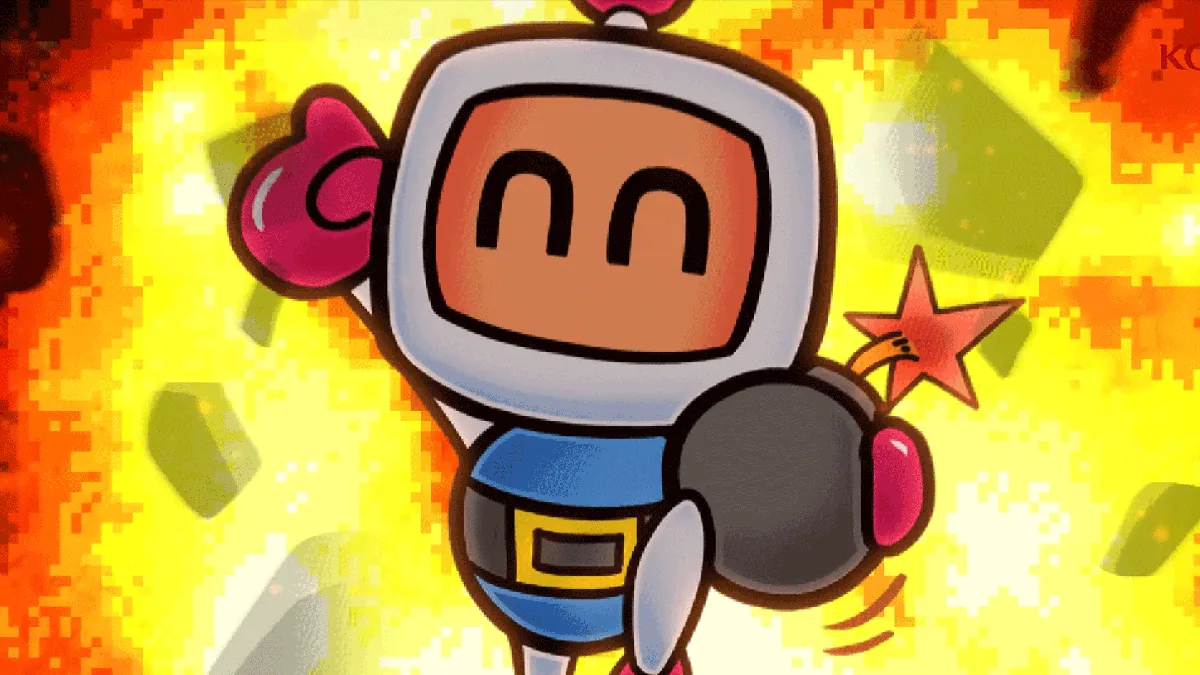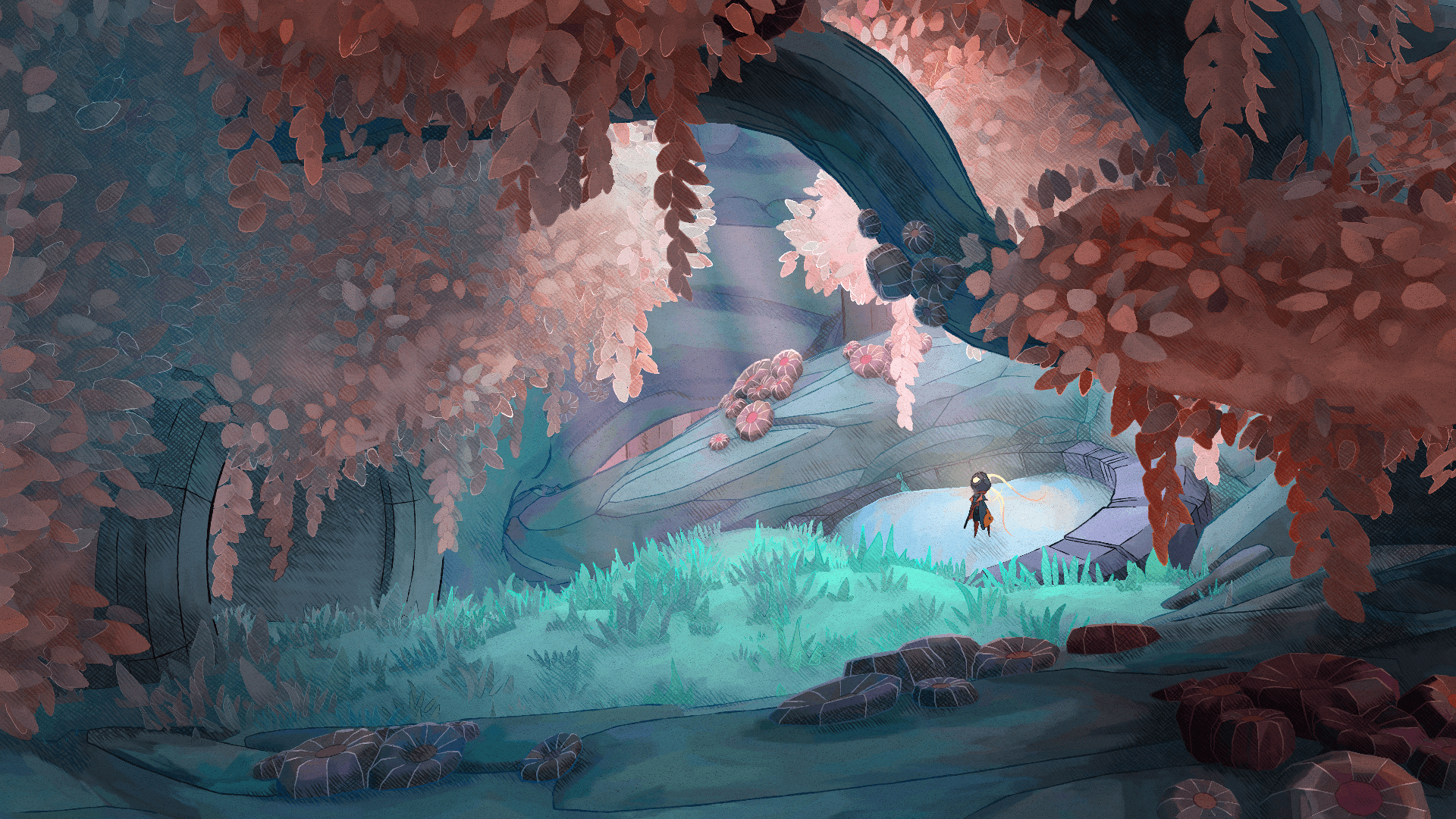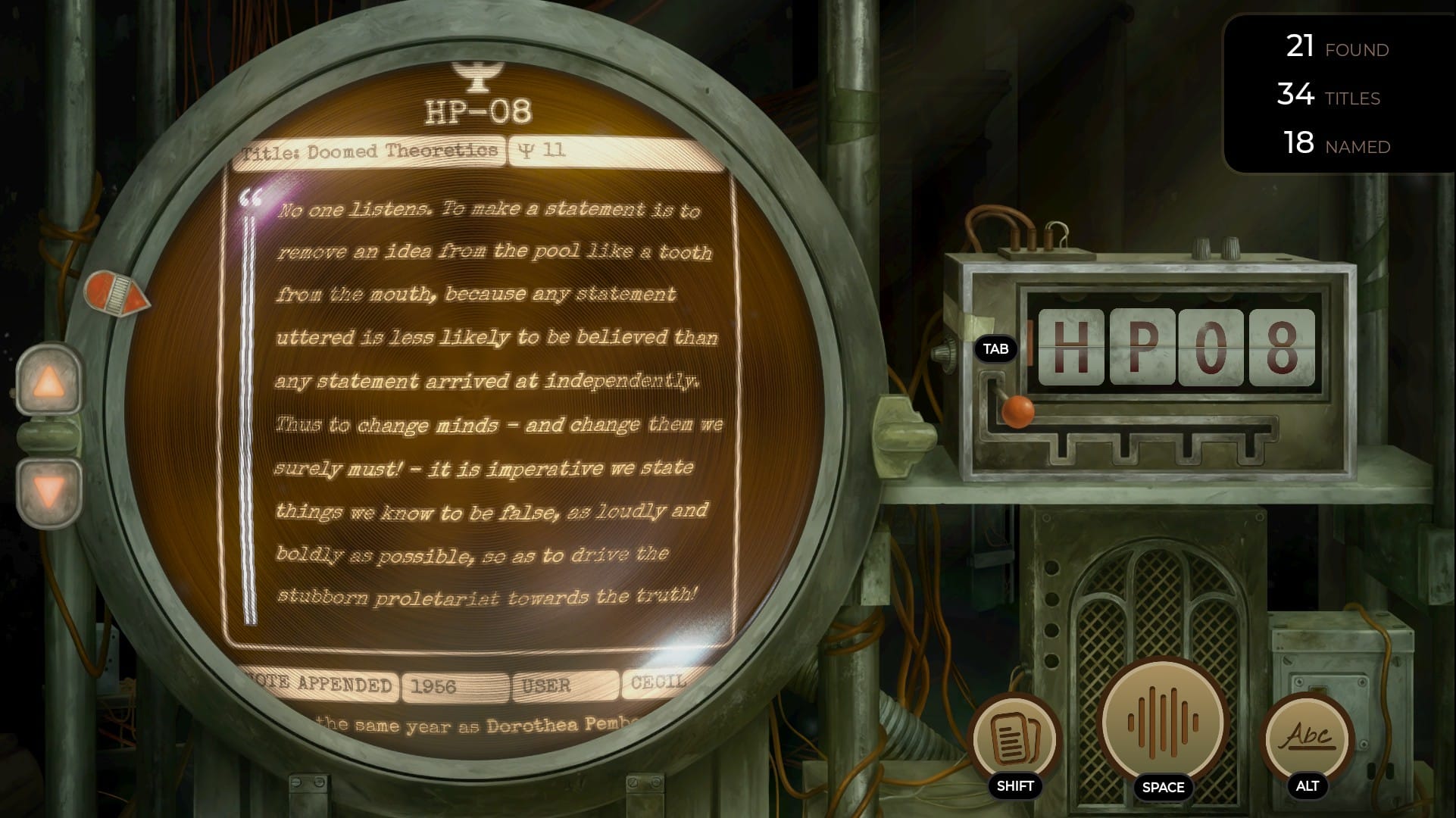Reviewing a game like The Witcher 3 is more than just sitting down, playing a game and then writing about its ifs, whats, buts, and whys. Coming in as a fan of both the original game in a limited capacity and having considered Assassin of Kings, the previous entry in the series, one of my favorite games ever, I expected Wild Hunt to surpass my expectations wholeheartedly. In most ways, it did, while in others, it reminded me that being enthusiastic and jumping into games right away after release can be a double-edged sword.
The Witcher 3: Wild Hunt doesn’t exactly pick up right were the previous game left off. In fact, it’s a little confusing to catch up with Geralt and learn of his intentions in this game when you start off. Without going into major spoilers about the plot that drives our lovable monster slayer’s journey forward, it’s safe to say that there’s certainly a lot of information to digest ahead of you if you’re keen on immersing yourself in this game’s story. Such a commitment is very well worth the effort, though, because despite its ridiculously long running time, The Witcher 3: Wild Hunt rarely ceases to impress in both writing and presentational departments, with one of the best developed, realized and most gorgeously painted worlds ever put in a game.
That’s why it’s extra annoying to face The Witcher 3‘s biggest issue: actually playing it. Granted, in the month or so since its release, CD Projekt RED has put in a ton of work into improving the gameplay and overall “quality of life” within Wild Hunt. Some of these include fixes which in the coming weeks will be released via patches. Things like vast upgrades to inventory management and overall character movement on and off combat are but a few of the implementations the Polish developer has been working on since release. Much like The Witcher 2, if you jumped in right away after launch, you got a fantastic game mired by issues that eventually became much more playable, patience permitting.

Still, under all the problems I may have had with combat, like the clunky and stilted character movement, the “do-it-all” nagging of a single button that simply refuses to open that one chest, but instead flicks a candle on and off, I can’t say I didn’t have a fantastic time playing the game overall. I certainly wouldn’t have spent over 130 hours otherwise chasing the many, many side-quests and hidden content within the wonderfully dark world drawn from author Adrzej Sapkowski’s novels. It’s a disservice to call The Witcher 3 an unpolished game, considering its vast and sprawling landscapes that can be fully explored on foot or on horse, as well as via boat, across many bodies of water that shape the continents and islands Geralt visits during the course of the game.
For anyone familiar with the gameplay of The Witcher 2, which already simplified the complicated and unfriendly pre- and post-combat menus and gameplay of the first game, it’ll be easy to get into The Witcher 3‘s systems. Given the extensive lore on the subject of what a witcher is and does, it’s simpler to just say that they make use of chemicals in order to improve their natural attributes to give them an edge in battle. Yes, they basically use drugs, concoctions that actually poison them in order to fight off specific monster types or get them through particularly tough situations. In the previous Witcher game, you had to sit and craft each individual potion you wanted to take before an encounter, which slowed the pacing down severely every time you had to face a tough enemy. Wild Hunt does away with that by giving you a steady supply of every type of potion straight away after the first time you go through the process of crafting it. There are also a number of oils that Geralt can apply to one of his two swords — remember, the silver one is for monsters — in order to get an extra edge in combat. They’re also crafted using the various kinds of plants and collectible parts found outside in the world and inside monsters you’ll slay.

And you’ll want to do plenty of crafting and get all the advantage you can over enemies, because The Witcher 3 doesn’t play around. More often than not, in any of its difficulty settings, but especially on anything over the normal option, you’ll be meeting the ground often if you don’t prepare properly for combat. Geralt isn’t the most resilient of videogame heroes and can go down for the count with only a couple of hits. The combat in the game is very reminiscent of the first Assassins Creed, which is to say it’s somewhat clunky, giving you parry and counter opportunities against most enemy types, as well as a limited range in dodging and side stepping. The main difference, though, is that Geralt has access to a few tricks of his own, spells that can be used based off a reloading stamina bar during and outside of combat. These magic powers, like Qen, a magical barrier, and Ignii, the most deceptive looking of fire spells, in conjunction with the aforementioned battle preparations play off every opponent’s weakness. These, thankfully, are meticulously noted in a glossary after the first time you face off against a new kind of creature.
That’s certainly a good thing, because there’s a lot of different monsters you’ll come across during the game. Right off the bat, at the outset, you’re greeted by what can be an incredibly challenging fight that’s used to mercilessly teach you about the combat mechanics, less than an hour into the game. It’s an exciting opening that helps set up a pace that rarely lets up throughout the game.
Much like the open world games that came before it, though, The Witcher 3 could also be poked in the bum in regards to plot urgency. You’re more often than not charged with a mission in which the world’s existence hangs in the balance, but as with most games with a big map and lots of side content to explore, you can let it all wait at the sides while you spend many hours simply exploring at your leisure. And explore you will, because many of the best moments in the game are found outside of the main storyline. Practically every single set piece in the game has a direct or indirect tale to tell you, whether it’s through a thoughtfully prepared quest or by simple observation of the numerous non-playable characters’ routines and behaviors, from major storyline ones to the humblest of beggars sitting in a dark Novigrad alley, exploration in this game is rewarding and is rarely felt as a waste of time. You’ll want to see what kind of trouble our gruff friend Geralt can get into, and how you can help him get out of via wits, his mind-bending suggestion powers, or by sheer brute force.

Then again, if you do get caught up in trying to squeeze out every drop of what The Witcher 3: Wild Hunt has to offer, be prepared to spend a sizable chunk of time in game. You could easily be immersed for much more than you bargained for in this game, and safe to say, it’ll be of mostly excellent quality. On the other hand, be prepared to spend a certain amount of time looking at loading screens — they are many, and boy, they are long.
One could easily go on about how far The Witcher 3 has taken the series in its conclusion. This game isn’t perfect in any stretch, but it’s absurdly ambitious in every aspect. Its characters, world and lore is probably one of the most impressive you can find in a game at this point in time. Not to mention the presentation, which features the musical score and sound work that matches the visual splendor of nature in spades. While it’s the easiest entry to get into in the franchise, it’s still riddled with little issues that are still being worked on as this review goes out. I would certainly love to go on about the adventures and failures I managed to take Geralt in during my time with the game, our quest has to end eventually. And so does this review.





